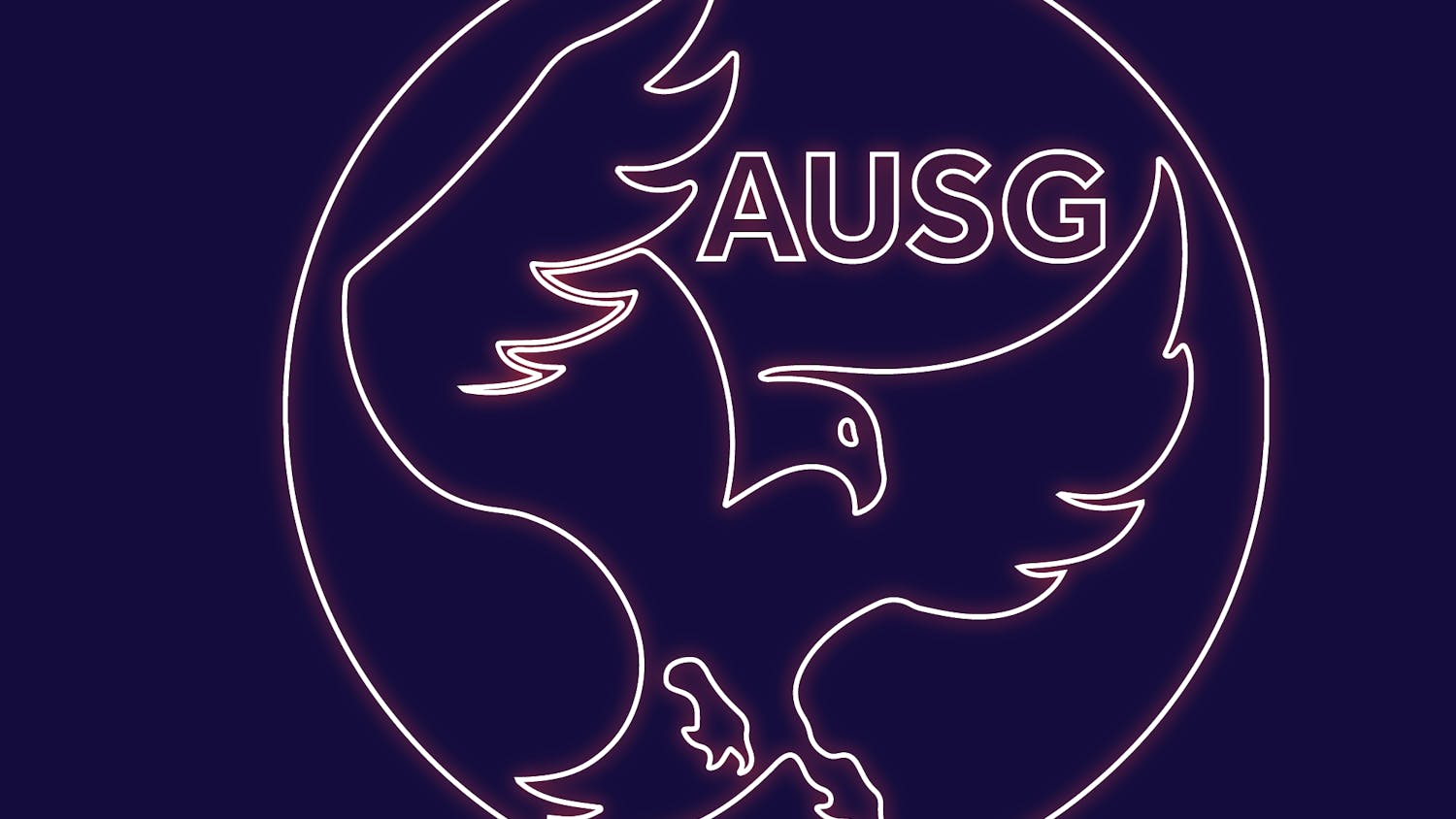For the first time, the situation in Iraq does not feel like utter chaos, according to Anthony Shadid, a Pulitzer-Prize winning journalist and author.
He said he noticed the difference when he recently visited the country and found it to be quite different from how it was between 2003 and 2006.
"Entropy has stopped," Shadid said. "Everything the time before felt like it was disintegrating, and that has stopped."
Shadid, a foreign correspondent for The Washington Post, spoke at Busboys and Poets on 14th and V streets Friday, answering questions from the audience and describing the changes he has seen in Iraq. He was stationed in the Middle East from 2003 to 2006.
The audience pressed Shadid for his opinions on topics such as the Gaza conflict, the role of Arab nations in the Middle East and the responsibility of reporters. The journalist listened to his inquirers and answered each question calmly though not always optimistically.
Shadid said the possible coalition between Iraqi Prime Minister Nouri al-Maliki, tribal leaders and former insurgents will say a lot about Iraq's future. But he said he is not optimistic that the current talks will result in a resolution.
"The coalition may not come together," Shadid said. "Everyone is talking but it's easier said than done."
He said he has seen definite changes in Iraq since the devastation unleashed by the occupation between 2003 and 2006. Yet, when Shadid writes about the nation, he hesitates to classify the situation as a positive change, he said.
"I struggled to frame how things are different because 'better' and 'improved' give notions of success," Shadid said. "It is better than in 2006, but at what cost?"
At times, Baghdad feels almost like a normal city, but the amount of violence is still "breathtaking," he said.
"Forces of radical faith have exhausted themselves, and new things have emerged," Shadid said.
One change is the decreasing role the United States is playing in Iraqi affairs, for it is no longer the "axis" around which everything in the Middle Eastern nation revolves, he said.
"There is deep fear in this moment of transition," Shadid said. "People praise the relative calm but are worried about the dynamic the elections will introduce ... and the prospect of the U.S.'s withdrawal. People are waiting in the background to take over when the U.S. withdraws."
While there will likely be a U.S. presence in the region for a very long time, the perception of a gradual decrease in U.S. troops and the impending removal of combat troops will be key factors in Iraq's subsequent history, he said.
But the new dynamics in the country are not clear and the events that will shape Iraq have not yet happened, so the story of Iraq must not sink past the front page of American newspapers, Shadid said.
It was impossible to report from Iraq in 2006, he said. A reporter could know about a story but not be able to cover it. Instead, Shadid said he would be hunkered down, not doing anything.
Now, journalists have much more freedom to travel throughout the nation, yet international coverage is diminishing, he said. The number of foreign correspondents in the nation has been reduced to nearly one-fifth of the number that was there in 2006.
"There is a responsibility as a journalist to be there and to cover what's going to happen there," Shadid said.
You can reach this staff writer at landerson@theeagleonline.com.




